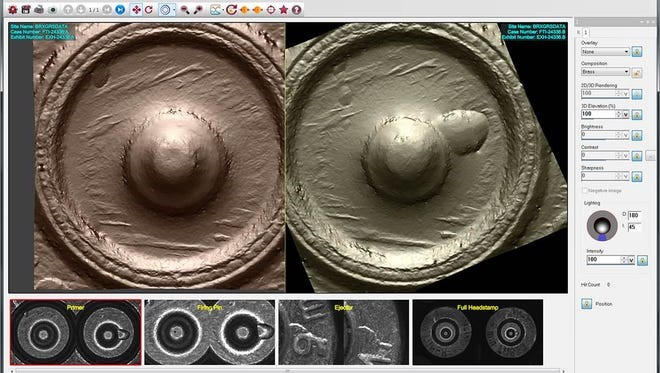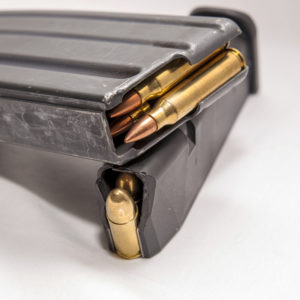From a press release The district attorneys for Montgomery, Bucks, Chester and Delaware counties announced Wednesday that a new device obtained by Montgomery County will be used to dramatically cut down on gun violence by more rapidly tracing ammunition used in crimes more. Montgomery County District Attorney Kevin R. Steele, Chester County District Attorney Deborah […]


